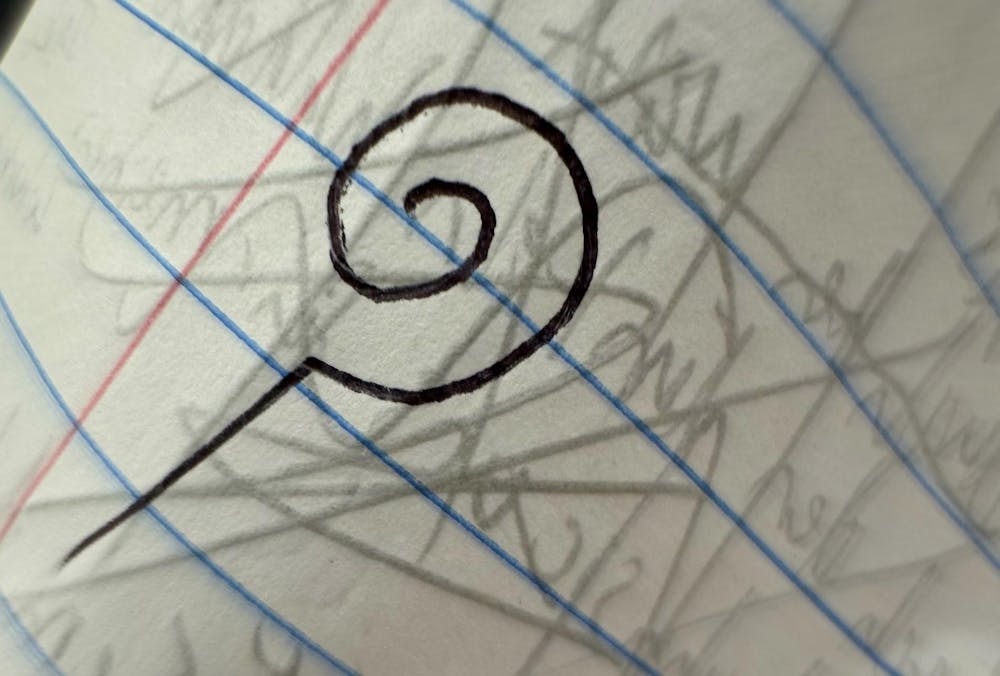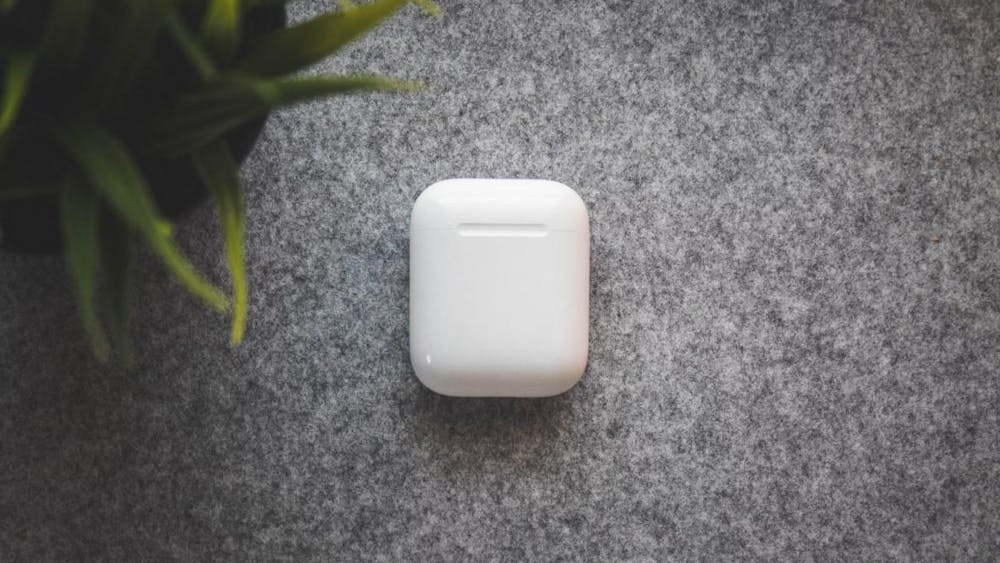Breathsick.
“I feel as if I were a piece in a game of chess, when my opponent says of it: That piece cannot be moved.”
- Søren Kierkegaard.
I was sick.
Awoken in the midst of the night by the feeling of a fire pit etched onto my body, I turned to half-consciousness a feverish, weakened mess. My limbs trembled. My thoughts muddied. Everything hurt. My discomfort was too great to remain still — my aches urged me to shift around and yet the resulting position always seemed to be worse than the last. Sweat trickled down my forehead but the task of swatting it away was too laborious. Delirious, I attempted to seep back into the sweet mercy of dreaming, and perhaps I could have been successful, had it not been for the worst of it all: I could not breathe.
Breathing hurts! Breathing hurts! My brain alerted me over and over again, yanking me away from the warm abyss of unconsciousness with every breath.
It hurt by far more than anything else in my disposition — with every strident inhale, deadly sharp claws ripped through the inside of my throat. I choked back every cough or sneeze that I could, for releasing one blasted such agony into the base of my skull that it blurred my vision.
And still, the physical pain was not the crux of the issue. Why, there are ever many, much more terrible sufferings that could be inflicted upon my flesh. Despite my very evidently low resistance to physical anguish, I was aware that this matter could be much worse. No, the real hurt, the true panic, was of a different class. It emerged not from the sorrow of the body, but of the mind.
I wanted to breathe, I had to, and yet it hurt.
A ghostly hand wrapped itself around my neck and squeezed tight — permitting only the slightest slit where I had to will myself against my nature (that of avoiding pain) but also allow myself to succumb to my nature (that of living). It was terrifying to breathe; it was terrifying not to. Nature against nature in a supposedly rational being. It felt pitiful, somehow. And yet is this not how it always is? I wondered why it had to be this way. I did not come up with an answer.
When we first come into this world, our lungs are full of water. It is in our nature to fight against this and breathe, overriding our system. Most of us then immediately proceed to cry. And then, when the tears dry up, we keep breathing. We do, because we must. We do, because we know nothing else. When it hurts, we do anyway. And when we don’t want to, we do anyway.
The story of breathing is engraved onto our muscles and our soul alike. No one teaches you how to breathe initially — it simply happens until it doesn’t. It fades into the background of our thoughts, rarely considered for weeks unless strictly necessary. It is taken for granted and promptly forgotten about.
Until we get sick.
When we get sick, the most simple act imaginable, an action we do every second of every day whether awake or asleep, hurts. Breathing is an unchangeable aspect of our existence, a universal denominator of the human condition, and yet it hurts when sick. Sickness ravages our understanding of our existence and we are reminded of the constant struggle that is life. Why, our first breath was our declaration of war against the unliving. Every breath is a fight, a victory won. Sickness reminds us of what war really is like.
I feel as if many of us tend to be sick. Some may even be sick without realizing they are. Some refuse to admit how sick they truly are. Once again, I mean this not in the physical form, but in a much more important manner. In the end, for many, it genuinely hurts to breathe at times. Of course, it is terrifying to breathe; and it too is terrifying not to. They suffer either way, regardless of their choice. That hardly seems fair, or true, but we are not the best at thinking straight when we are sick. No, when we are sick all we wish for is rest. But rest cannot be found in the living, in the breathing. Everything, no matter how minute, takes its toll. Even breathing. That’s no rest.
And yet we do it: we breathe. The discomfort crawls throughout your entire body, repulsing your every sense, blinding you to everything that surrounds you until it entirely overwhelms you. And yet you breathe. Name this agony what you wish: laziness, lethargy, dread or anxiety. Give it a face to punch, an ideology to hate, an identity to despise. It manifests itself in a thousand forms throughout your life. And yet you breathe.
Sometimes to breathe truly, genuinely hurts, but you do anyway. No matter how terrible the sickness, it fades. No matter how scary the nightmare, how heavy the rain, they all pass. And when you can breathe with ease again, you remember once more why it is worth it. You will get sick again, and perhaps this war against death is not one that you will win, but the crystalized moments in between, especially those that hurt, bring fresh air into you.
Carlos A. Basurto is a sophomore at Notre Dame studying philosophy, computer science and even some German on the side. When not busy you can find him consuming yet another 3+ hour-long analysis video of a show he has yet to watch or masochistically completing every achievement from a variety of video games. Now, with the power to channel his least insane ideas, feel free to talk about them via email at cbasurto@nd.edu.
Carlos A. Basurto is a junior at Notre Dame studying philosophy, computer science and German. He's president of the video game club and will convince you to join, regardless of your degree of interest. When not busy, you can find him consuming yet another 3-hour-long video analysis of media he has not consumed while masochistically completing every achievement from a variety of video games. Now, with the power to channel his least insane ideas, feel free to talk about them further at cbasurto@nd.edu.










